This content contains affiliate links. When you buy through these links, we may earn an affiliate commission.
Even if you don’t pay much attention to literary news, there are some book awards you’ve probably heard of: The Pulitzer Prize, the National Book Awards, the Booker Prize. But these big-name awards are just the tip of the iceberg. There are dozens and dozens of smaller book awards out there, and paying attention to them will lead you to exciting books that get overlooked by the flashy, mainstream prizes.
One of the best things about these smaller awards is that they often recognize books from indie presses that don’t get huge marketing budgets. There are also lots of prizes designed to celebrate literature from certain regions and written by authors from marginalized communities. All literary awards are subjective and a bit random, but if you’re looking to expand your reading beyond the bestsellers, checking out the past and current winners of niche prizes is a great way to do so!
These eight nonfiction books have all won different literary prizes in the last five years. But many of them have flown under the radar and only have a few hundred ratings on Goodreads. In other words: these are hidden nonfiction gems, each of them brilliant in its own way, and you’re going to want to get your hands on them.
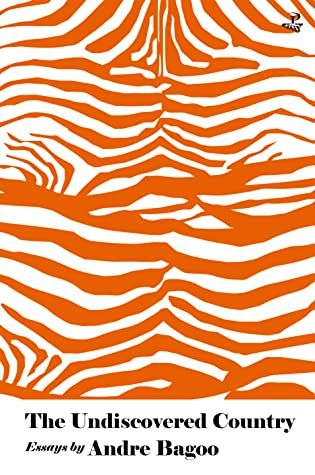

The Undiscovered Country by Andre Bagoo (OCM Bocas Prize for Caribbean Literature 2021)
Trinidadian writer Andre Bagoo has written poetry, fiction, and nonfiction. In this collection of essays, he explores art, literature, pop culture, Caribbean history, politics, queerness, and his own life. It’s a blend of moving personal stories, incisive literary criticism, and social commentary. Anyone interested in Caribbean literature should definitely check out this book, the rest of his work, and the rest of the OCM Bocas prize winners!
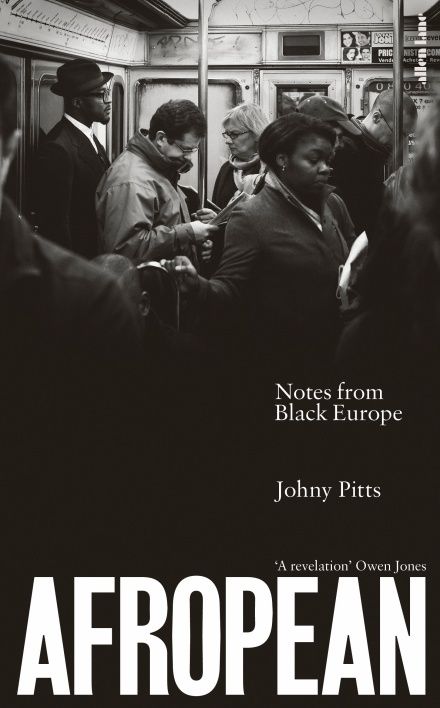

Afropean by Johny Pitts (Jhalak Prize 2020)
The Jhalak Award is given yearly to a book by a writer of color living in Britain. In this sprawling, documentary-style work of nonfiction, Johny Pitts critically examines Black Europe. He writes about the intersections of race and geography that lie at the center of Black European identity, taking readers on a tour of the places, institutions, moments, and movements that have influenced and shaped the culture, lives, art, and politics of Afropeans.
Tracker by Alexis Wright (Stella Prize 2018)
This comprehensive, genre-blending work is a kind of community biography of one of Australia’s most well-known Aboriginal leaders, Tracker Tilmouth. Tilmouth spent most of his life as an activist and politician working for Aboriginal rights. Wright’s book is structured as a posthumous memoir, combining Tilmouth’s own writing and interviews with the recollections of his family, friends, and colleagues.
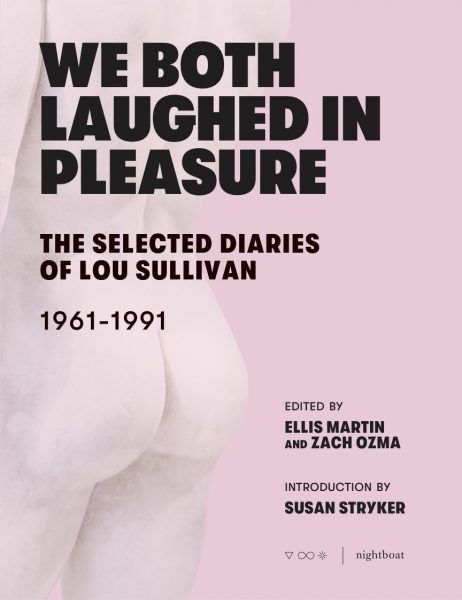

We Both Laughed in Pleasure by Lou Sullivan (Lambda Award 2019)
This was easily the best book I read in 2022 and one I will be recommending to everyone forever. Lou Sullivan was a trans writer and activist who was involved in early advocacy and community organizing around trans issues, especially for trans men. His diaries are funny and horny and silly, smart and reflective, contradictory and joyful, full of pain and anger and delight. His words are an absolute gift, one to be cherished.
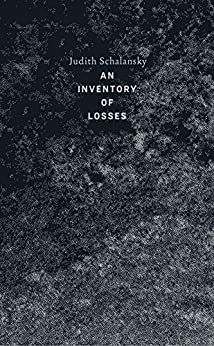

An Inventory of Losses by Judith Schalansky, Translated by Jackie Smith (Warwick Prize for Women in Translation 2019)
If you love nonfiction books that use fascinating stories as a lens to explore human nature and a way to ponder big questions, this is the book for you. Schalansky frames the book around 12 objects that have been lost or that no longer exist — things as different as a species of tiger and a famous painting. Woven through these stories of lost things are beautiful, insightful reflections on the nature of loss and memory.
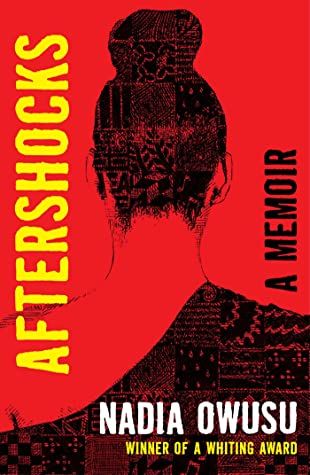

Aftershocks by Nadia Owusu (Whiting Award 2019)
Technically, the Whiting Award is given to an emerging writer, and not a particular book, but Nadia Owusu’s extraordinary debut is well worth reading. Using the metaphor of earthquakes to explore how events have reverberated throughout her life, she writes about her childhood on multiple continents, the death of her father, her tumultuous relationship with her stepmother, multiracial identity, mental health, and so much more.
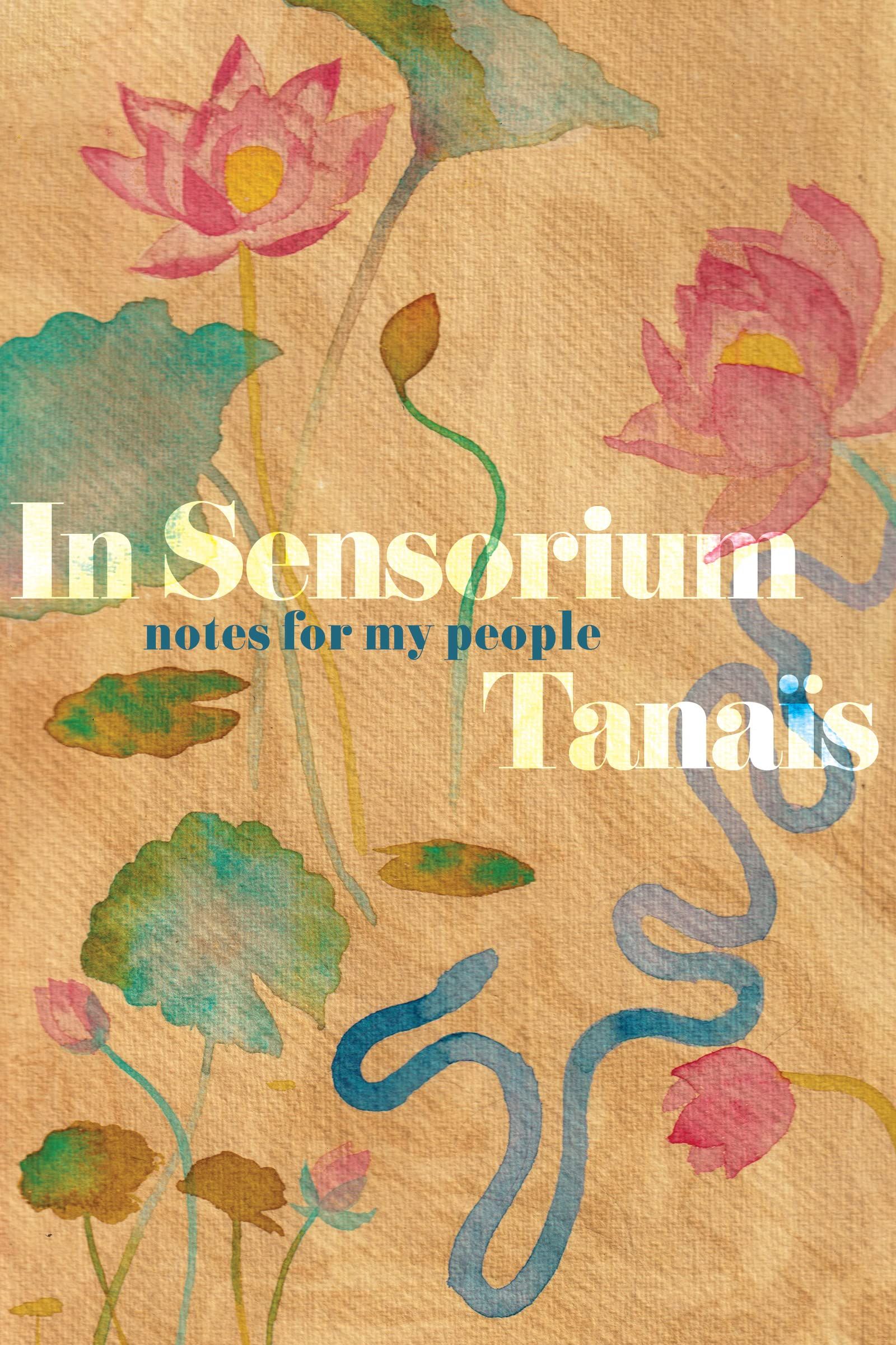

In Sensorium by Tanaïs (Kirkus Prize 2022)
This beautiful book is part history and part memoir. Tanaïs is a perfumer, and so they use scent as a jumping off point to delve into their personal and family history, the history of South Asia as a region, and the ways that imperialism and colonialism have shaped, and continue to shape, how we talk and write and think about the world. Their writing is sensory and vivid, and even though they tackle many thorny ideas, they always return to small moments of intimacy and heartbreak, reflecting on how those ideas map onto real lives.
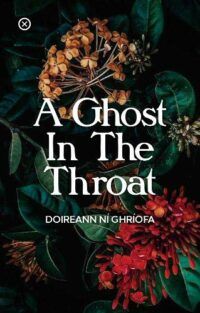

A Ghost in the Throat by Doireann Ní Ghríofa (James Tait Black Memorial Prize 2020)
In this blend of poetry, essay, and memoir, Ghríofa untangles the connections between her own life and experience of contemporary motherhood and the life of an 18th-century Irish poet whose work has been mostly lost to history. In examining the life of a writer who lived centuries before her, and by reading and rereading the fragments of her work that have survived, Ghríofa explores art, motherhood, memory, and what it means to be a woman and an artist.
Looking for more interesting literary prizes and prize-winning books? Check out these award-winning poetry collections and this list of environmental kids’ literature awards!

